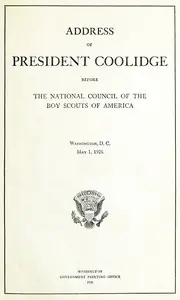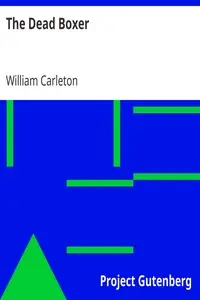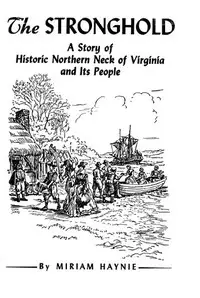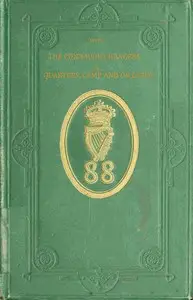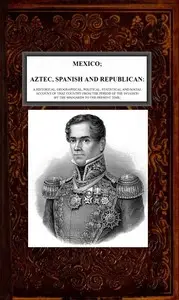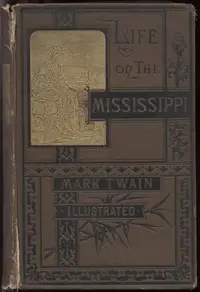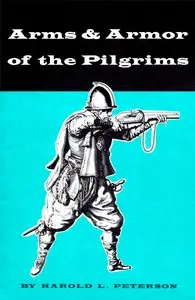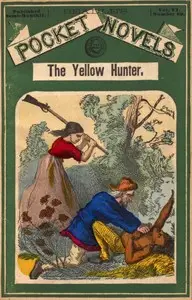"State of the Union Addresses" by Calvin Coolidge is a historical account composed of the presidential addresses delivered by Coolidge during the early 20th century. The addresses span a significant period from the early 1920s, highlighting the socio-political climate of post-World War I America. The book primarily addresses issues such as domestic policies, foreign relations, economic concerns, and social justice, providing insights into Coolidge's governance and the United States' position at the time. The opening of the collection features Calvin Coolidge addressing the nation and the Congress, beginning with a tribute to the late President Harding. He emphasizes themes of national duty, economic restoration, and justice in foreign affairs. Coolidge outlines the principles guiding America's foreign policy, notably non-interventionism and the pursuit of peace through justice. His addresses discuss pressing issues, such as economic stability, veterans’ care, and ongoing relations with countries like Russia and Germany. This initial section sets the tone for Coolidge's administration, showcasing his commitment to fiscal prudence, civil service reform, and social welfare, while articulating a resolute stance on maintaining America's independence and integrity in the global arena. (This is an automatically generated summary.)
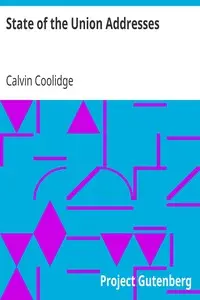
State of the Union Addresses
By Calvin Coolidge
"State of the Union Addresses" by Calvin Coolidge is a historical account composed of the presidential addresses delivered by Coolidge during the earl...
Calvin Coolidge was the 30th president of the United States, serving from 1923 to 1929. A Republican lawyer from Massachusetts, he previously served as the 29th vice president from 1921 to 1923 and as the 48th governor of Massachusetts from 1919 to 1921. Elected vice president in 1920, he succeeded to the presidency upon the sudden death of President Warren G. Harding in August 1923. Elected in his own right in 1924, Coolidge gained a reputation as a small-government conservative with a taciturn personality and dry sense of humor that earned him the nickname "Silent Cal". His widespread popularity enabled him to run for a second full term, but Coolidge chose not to run again in 1928, remarking that ten years as president would be "longer than any other man has had it—too long!"



